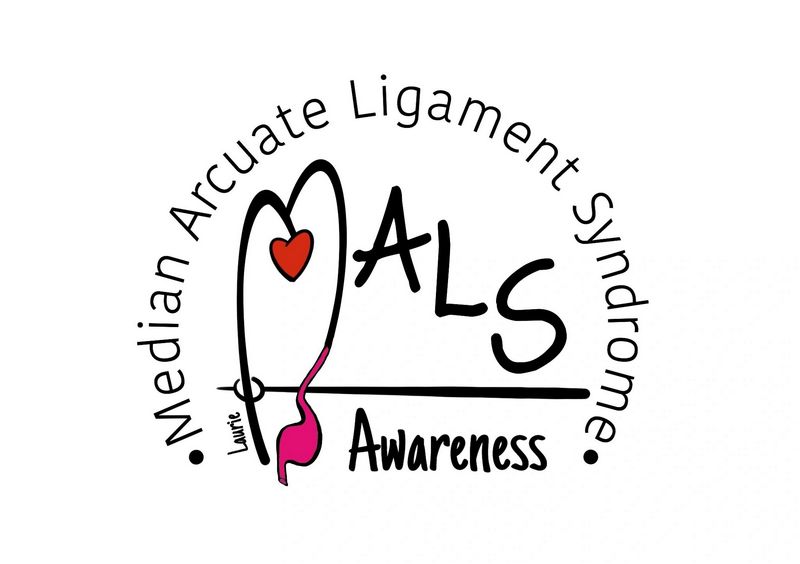
Navigating Challenges: Why MALS Can Be Hard to Diagnose.
Median arcuate ligament syndrome is a rare condition that presents numerous challenges when it comes to diagnosing the disorder. MALS is a condition that occurs when the median arcuate ligament, a band of tissue that connects the diaphragm to the spine, compresses the celiac artery. As a result of this compression, it can lead to a decrease in blood flow to the abdominal organs. Knowing more about the Mals Syndrome Treatment can aid in managing the range of symptoms it causes.
One of the main challenges in diagnosing MALS is that its symptoms can overlap with those of other abdominal conditions, such as irritable bowel syndrome (IBS) or gastric ulcers. Patients may experience chronic abdominal pain, weight loss, nausea, and vomiting, which can be mistakenly attributed to these other conditions. Additionally, MALS is a relatively rare condition, which means that many healthcare providers may not be familiar with its symptoms and may not consider it as a potential diagnosis.
Another challenge in diagnosing Median Arcuate Ligament Syndrome is the lack of definitive diagnostic tests for the condition. While imaging studies, such as computed tomography angiography (CTA) or magnetic resonance angiography (MRA), can be helpful in visualizing the compression of the celiac artery, they do not always provide conclusive evidence of MALS. This can make it difficult for healthcare providers to confidently diagnose the condition and may require further testing or consultations with specialists.
All of these challenges highlight the importance of navigating the diagnostic process for Median Arcuate Ligament Syndrome carefully. It requires healthcare providers to have a high level of suspicion for the condition, considering it as a potential diagnosis even when symptoms may be attributed to other causes. It also underscores the need for collaboration between different medical specialties, such as gastroenterology and vascular surgery, to ensure accurate diagnosis and appropriate management of Median Arcuate Ligament Syndrome.






